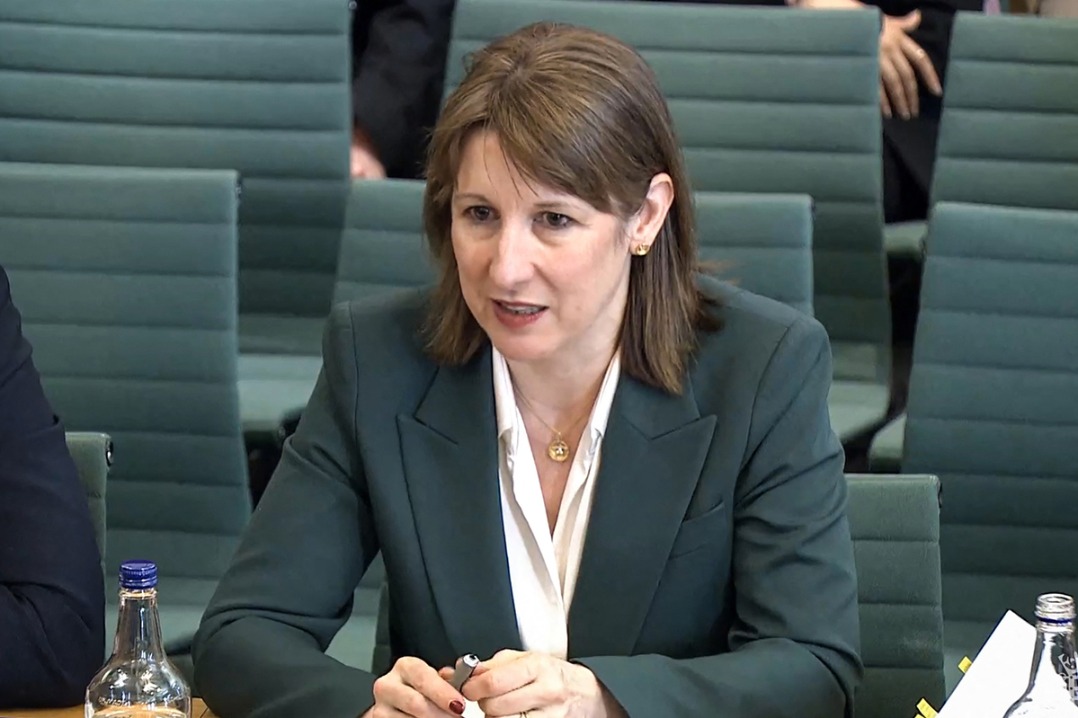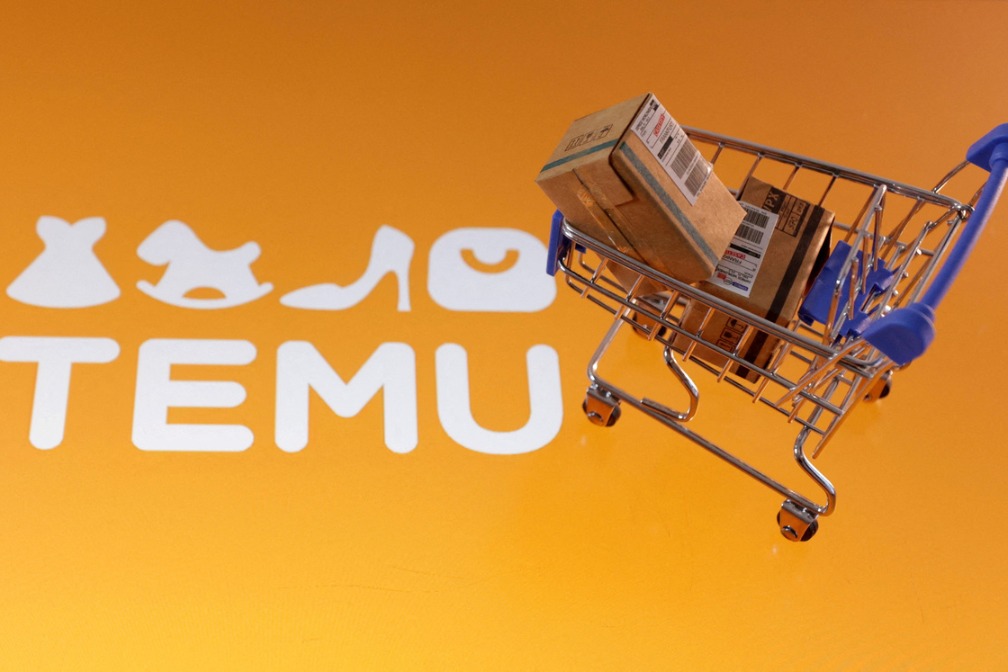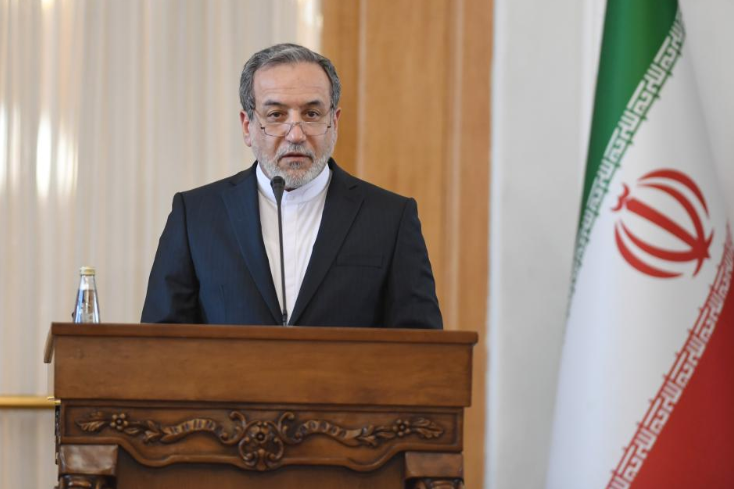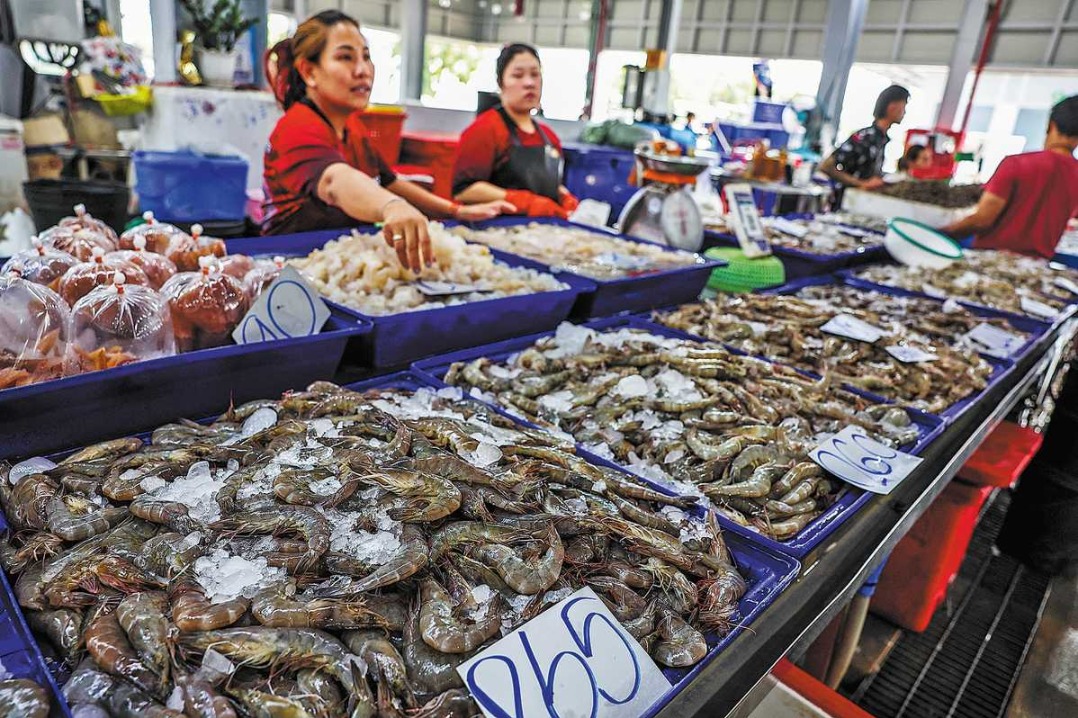British govt to assist duty-hit export traders

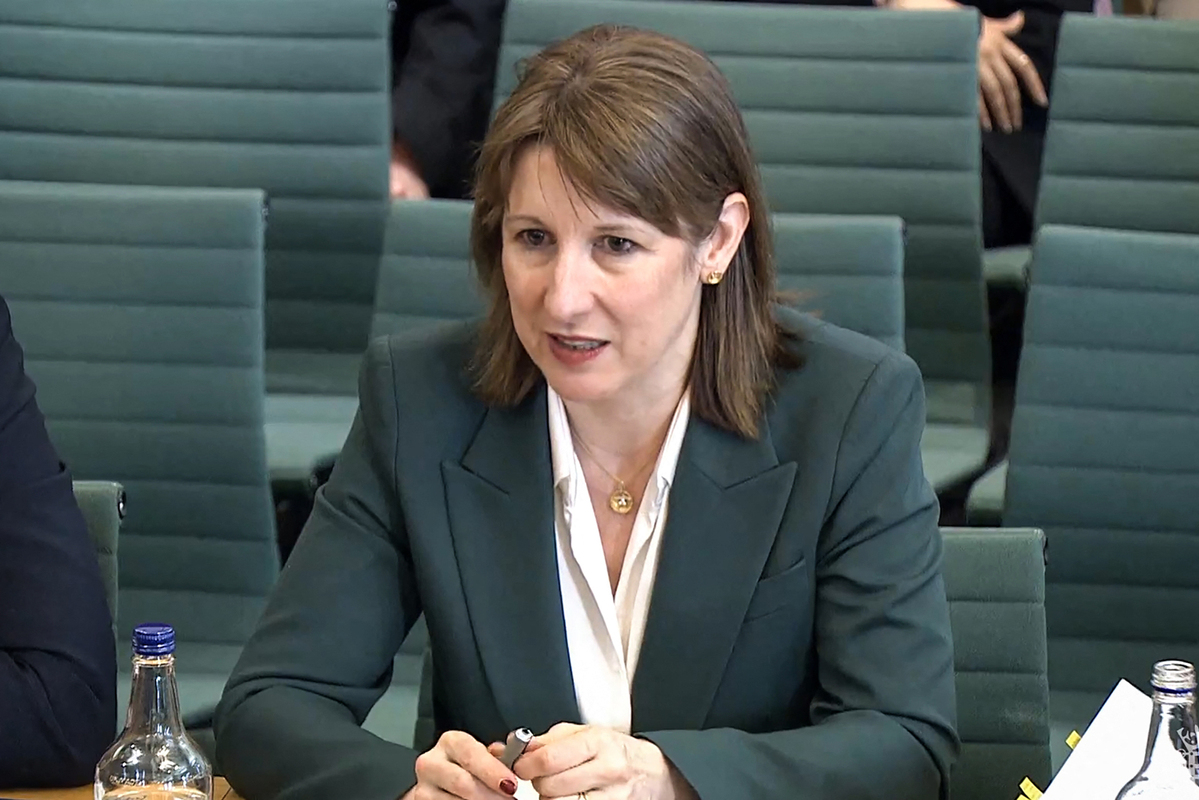
The British government is to provide an additional 20 billion pounds ($26 billion) of support to exporters, including those affected by United States government tariffs, to bring some economic stability to a global trade storm.
When US President Donald Trump announced his import duties, most goods from the United Kingdom were subject to rates of 10 percent.
His subsequent changes of policy and rates have provoked global economic turmoil, causing huge challenges to business, and as a consequence, the government said the lending capacity of export credit agency UK Export Finance is being expanded to 80 billion pounds.
"The world is changing, which is why it is more important than ever to back our world-leading businesses and support them to navigate the challenges ahead," said UK Chancellor of the Exchequer Rachel Reeves on Sunday. "Today's announcement will do that just, with thousands of businesses right across the country set to benefit."
UK Prime Minister Keir Starmer has consistently adopted a more diplomatic approach to relations with Trump than some other European leaders. And when the initial tariff rate of 10 percent was announced, as opposed to the 20 percent imposed on European Union goods, supporters of Brexit, Britain's exit from the EU, cited this as a benefit. This became redundant a week later though, when Trump announced a 90-day freeze on most tariffs.
The tariff upheaval has prompted calls for the authorities in London to place less faith in the US as a reliable trade partner, not least because there is still no sign of a free trade deal between the two countries, something Brexit backers placed great faith in during the EU membership referendum campaign of 2016.
Writing in the Sunday Telegraph newspaper last week, Starmer said: "Nobody wins from a trade war. The economic consequences, here and across the globe, could be profound… all options remain on the table."
He went on to say the government "will do everything necessary to protect Britain's national interest", but having previously ruled out the UK rejoining the EU's single market in his lifetime, this week, when asked if there was any possibility of re-entering a customs union with the EU, Starmer's spokesman said "we're not going backwards when it comes to Brexit".
At the same time, a survey carried out on behalf of Best for Britain, which bills itself as "working to fix the problems Britain faces after Brexit", says a clear majority of voters prioritize Europe relations above trans-Atlantic ties.
"It is of the utmost urgency that our UK government work with our reliable partners in the EU to remove the artificial trade barriers between us so that both British and European businesses are in the best position to succeed in these extremely challenging conditions, and so shield consumers from the worst effects," said the group's chair, businessman Peter Norris.
"Trump is bad for business, consumers and savers. He has wreaked havoc in international markets and left us all on the precipice of a global recession that would mean real pain for people in the UK."
















